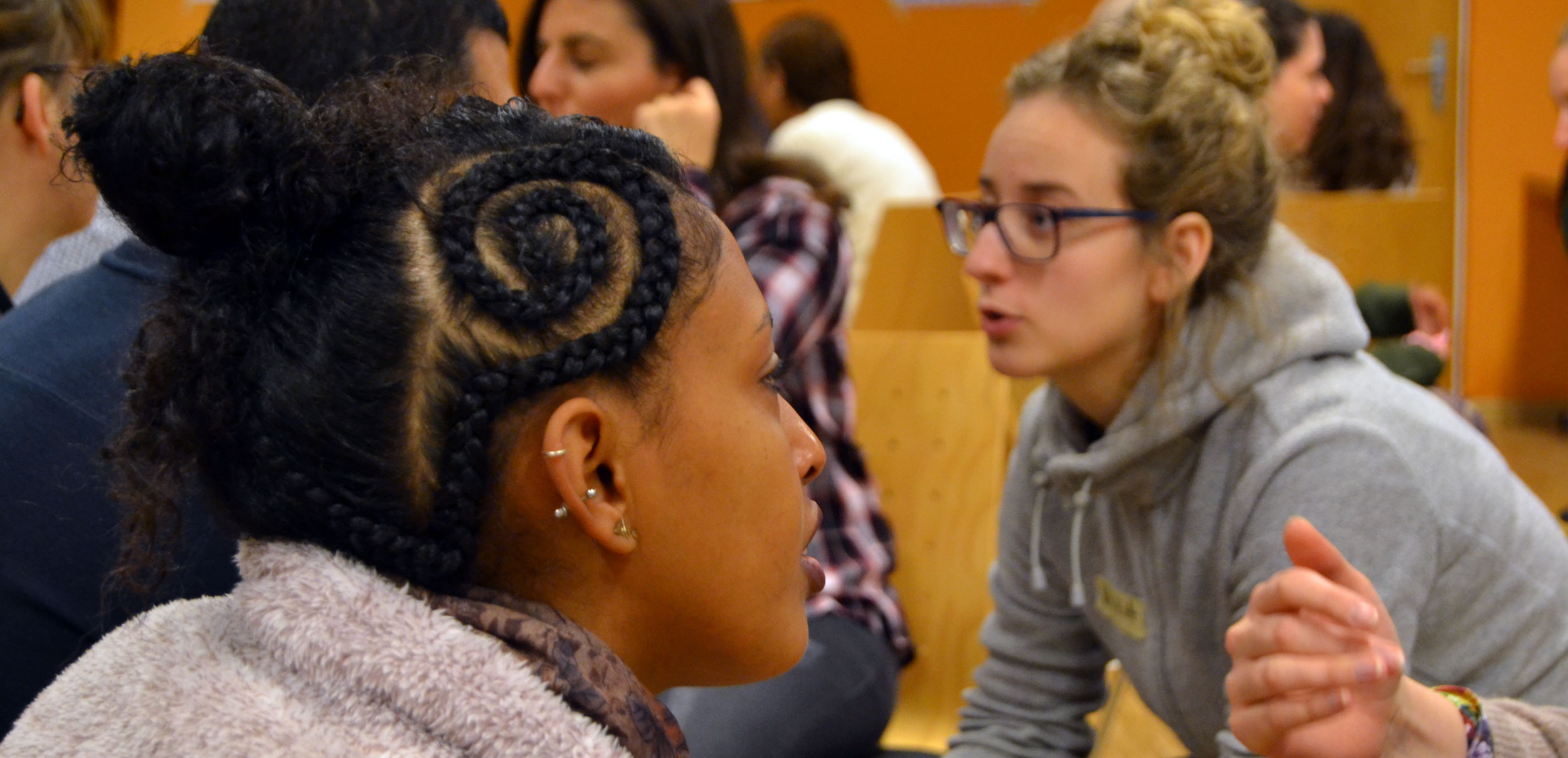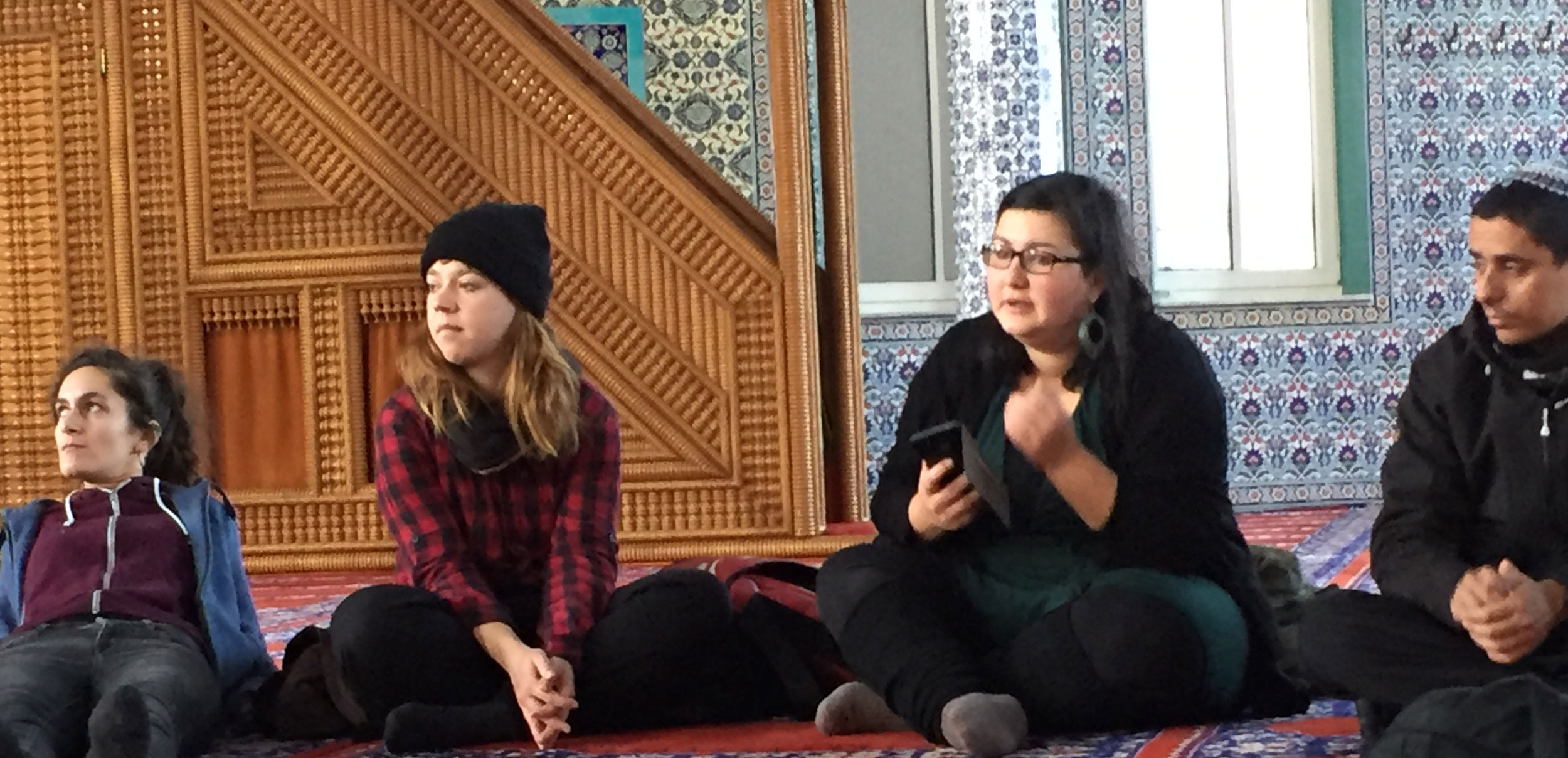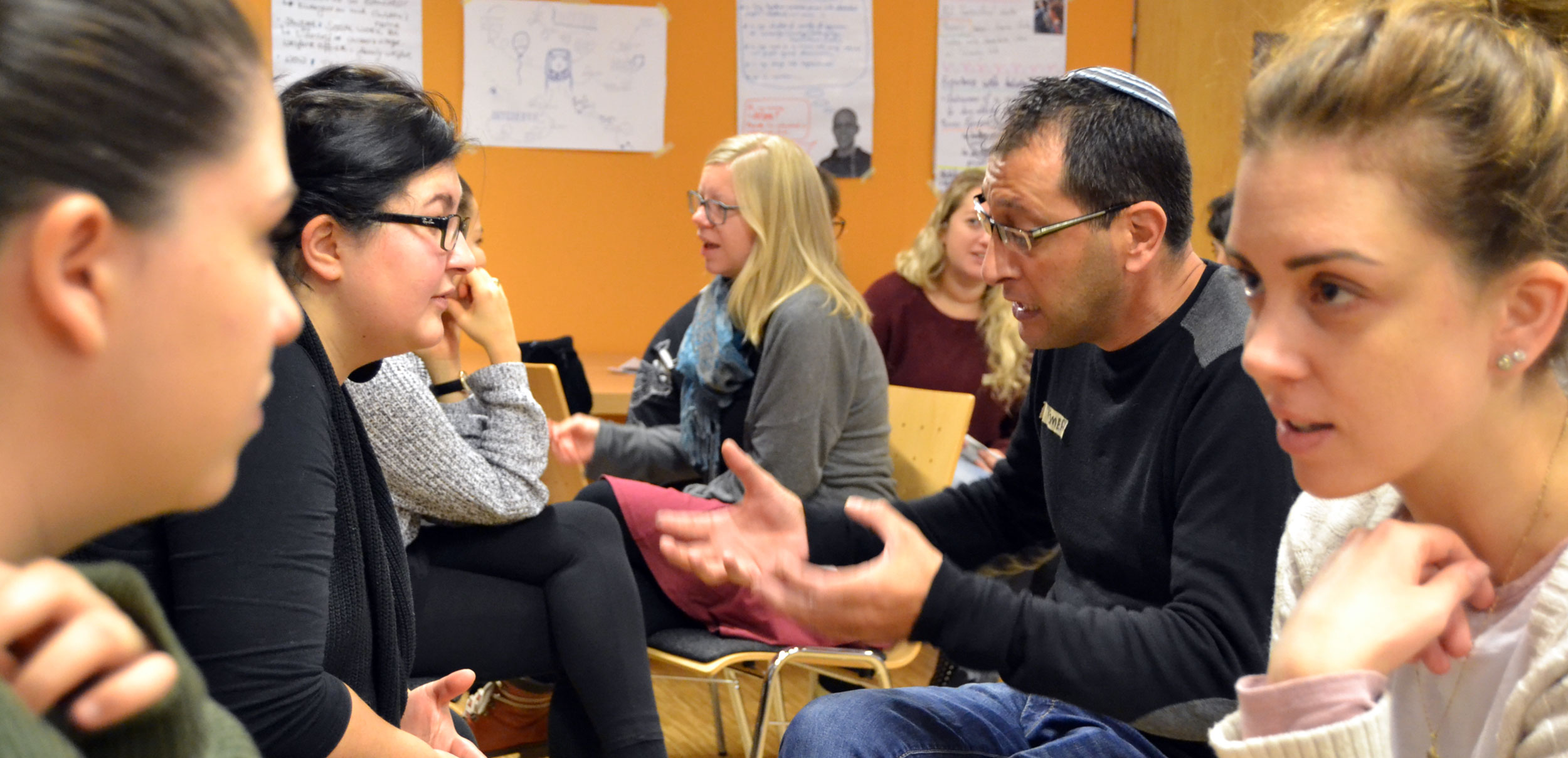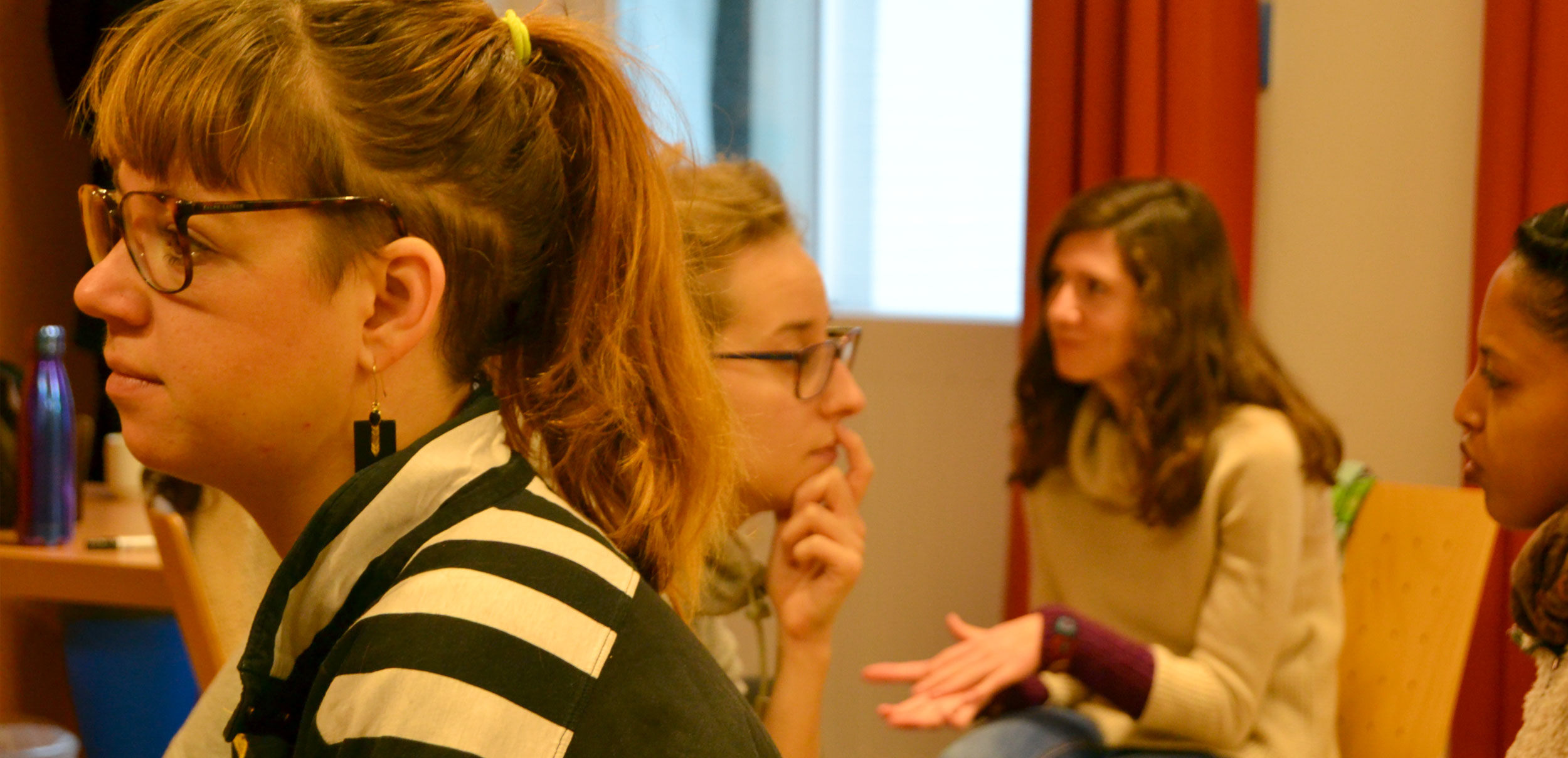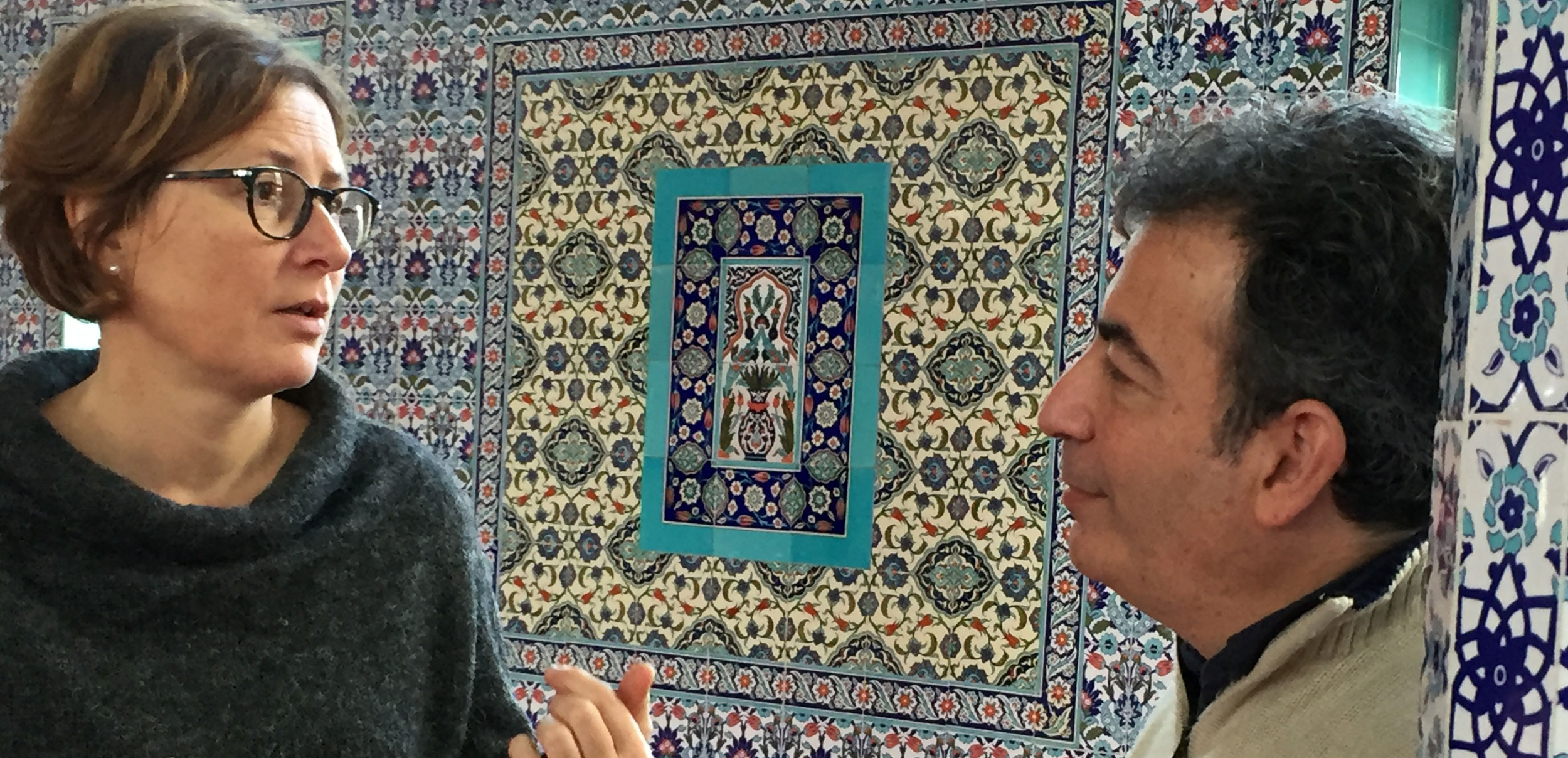Inclusion and Exclusion in Youth Work and Social Systems
Modern society in Germany and Israel is heterogeneous and diverse. In youth and social work in particular, this diversity raises the question how all members of society can be taken into account and included in an appreciative manner. This is the question that the participants of this exchange program in Lower Saxony and southern Israel will be exploring.
Participants
28 youth and social work professionals
Project Content
How can society succeed in taking into account an individual’s uniqueness, needs, life style, and values? How are the supposed “others” to be treated? Who defines what is the norm and what is the deviation from it? These are the questions that the participating youth and social workers, both full time professionals and volunteers, tackle while examining the subject of “inclusion”. They open up a dialogue exciting on many different levels addressing current social and political developments. Flashpoints will be explored in the process, as will examples of people working towards creating an inclusive world.
Project Working Methods
The project first brings together German and Israeli specialists in the Bremen region and then in Sderot in southern Israel. In addition to theoretical inputs and discussions, visits to local best practice projects and the insights they provide are a central component of the project. This enables participants to exchange ideas with stakeholders from a wide range of different initiatives. They thereby receive the opportunity to reflect on, reevaluate, and adjust their own practice against the backdrop of the respective other country.
Project Goals
The initial goal of the project is to reflect on the society and politics of both countries against the backdrop of a deliberately broad conception of inclusion and to develop an individual stance on the subject. The project seeks to advance the inclusion of all groups in society at a local level. The participants work as multipliers in the organizations in which they are active as well as in their fields of work. The exchange thus doesn’t just provide food for thought, but is also supposed to lead to concrete activities at the local level and the development of new inclusive projects – in particular via visits to and dialogue with different institutions.
Participants
28 youth and social work professionals
Project Content
How can society succeed in taking into account an individual’s uniqueness, needs, life style, and values? How are the supposed “others” to be treated? Who defines what is the norm and what is the deviation from it? These are the questions that the participating youth and social workers, both full time professionals and volunteers, tackle while examining the subject of “inclusion”. They open up a dialogue exciting on many different levels addressing current social and political developments. Flashpoints will be explored in the process, as will examples of people working towards creating an inclusive world.
Project Working Methods
The project first brings together German and Israeli specialists in the Bremen region and then in Sderot in southern Israel. In addition to theoretical inputs and discussions, visits to local best practice projects and the insights they provide are a central component of the project. This enables participants to exchange ideas with stakeholders from a wide range of different initiatives. They thereby receive the opportunity to reflect on, reevaluate, and adjust their own practice against the backdrop of the respective other country.
Project Goals
The initial goal of the project is to reflect on the society and politics of both countries against the backdrop of a deliberately broad conception of inclusion and to develop an individual stance on the subject. The project seeks to advance the inclusion of all groups in society at a local level. The participants work as multipliers in the organizations in which they are active as well as in their fields of work. The exchange thus doesn’t just provide food for thought, but is also supposed to lead to concrete activities at the local level and the development of new inclusive projects – in particular via visits to and dialogue with different institutions.
Cooperating Partners
Bildungsstätte Bredbeck Heimvolkshochschule of the Osterholz district
Sapir College, Department of Public Policy and Administration
University of Bremen, Institute for the Study of Religion and Related Didactics
Bildungsstätte Bredbeck Heimvolkshochschule of the Osterholz district
Sapir College, Department of Public Policy and Administration
University of Bremen, Institute for the Study of Religion and Related Didactics






